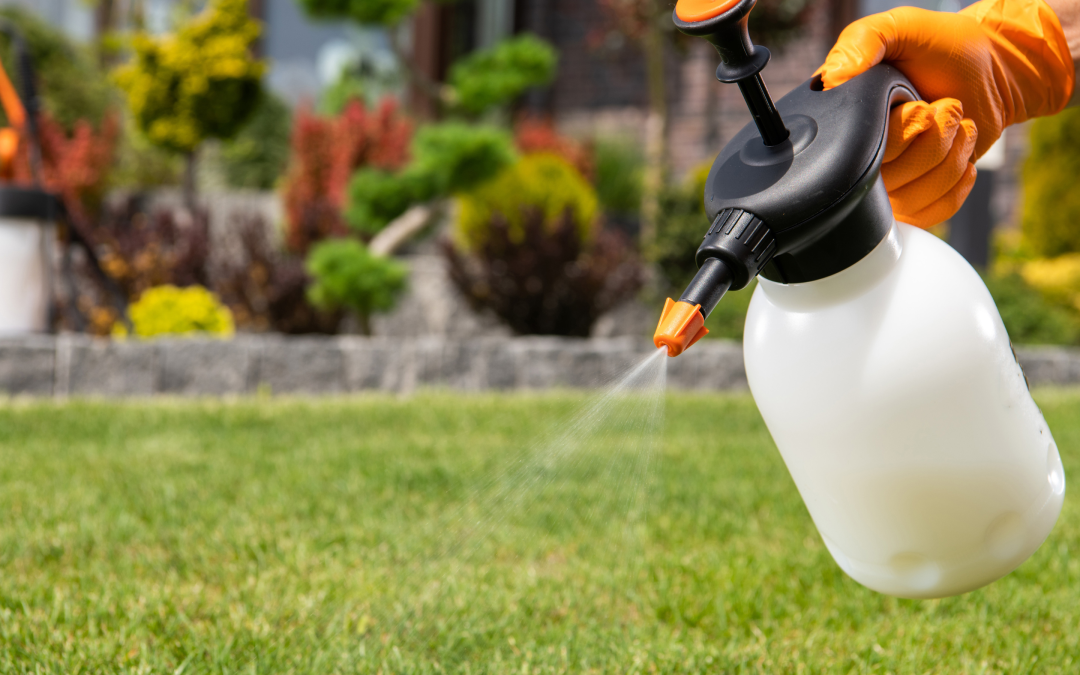Leaky gut syndrome is a condition in which the lining of the intestine becomes permeable, allowing toxins, bacteria, and undigested food particles to leak into the bloodstream. Consequently, this can cause a range of symptoms, including bloating, fatigue, and digestive issues. While medical treatment is available, incorporating natural home remedies can further help heal leaky gut. In fact, here are some home remedies that can help:
Bone Broth For Leaky Gut
Bone broth is a nutritious, healing food that can help repair the gut lining. It contains collagen, amino acids, and other nutrients that are essential for gut health. To make bone broth, simply simmer bones (such as chicken, beef, or fish) in water for several hours until the broth is rich and flavorful.
Apple Cider Vinegar For Leaky Gut
Apple cider vinegar is a popular home remedy that can help balance the pH of the digestive system, reducing inflammation and promoting healing. Simply mix a tablespoon or two of apple cider vinegar in a glass of water and drink it before meals.
Aloe Vera For Leaky Gut
Aloe vera is a healing plant that has anti-inflammatory and antibacterial properties. Drinking aloe vera juice can help soothe and heal the gut lining. Be sure to choose a high-quality, organic aloe vera juice and drink it in moderation.
Ginger For Leaky Gut
Ginger is a powerful anti-inflammatory and can help reduce inflammation in the gut. You can use fresh ginger in cooking, or make tea by steeping grated ginger in hot water.
Probiotic-Rich Foods For Leaky Gut
Probiotics are beneficial bacteria that can help restore the balance of good bacteria in the gut. Foods that are naturally rich in probiotics include fermented foods like sauerkraut, kimchi, and kefir. You can also take a probiotic supplement to support your gut health.
Additionally, it’s worth noting that healing leaky gut is a complex process that may require a combination of lifestyle changes, dietary modifications, and medical interventions. Therefore, working with a healthcare professional who specializes in gut health can be beneficial in developing a personalized plan for healing and managing symptoms.
References:
- Rao, Pasupuleti Visweswara, and Suresh Shetty. “Effects of probiotics supplementation on macrophage activation and inflammatory response markers in patients with type 2 diabetes: a randomized, double-blind, placebo-controlled study.” Journal of Diabetes 9.2 (2017): 155-162.
- Patel, Roshni M., et al. “Therapeutic prospects of Aloe vera-derived bioactive compounds.” Journal of medicinal food 16.7 (2013): 529-537.
- Park, M., et al. “Ginger extract inhibits inflammatory response and maintains barrier function in human colonic epithelial cells exposed to inflammatory cytokines.” Nutrition Research 31.11 (2011): 855-862.








